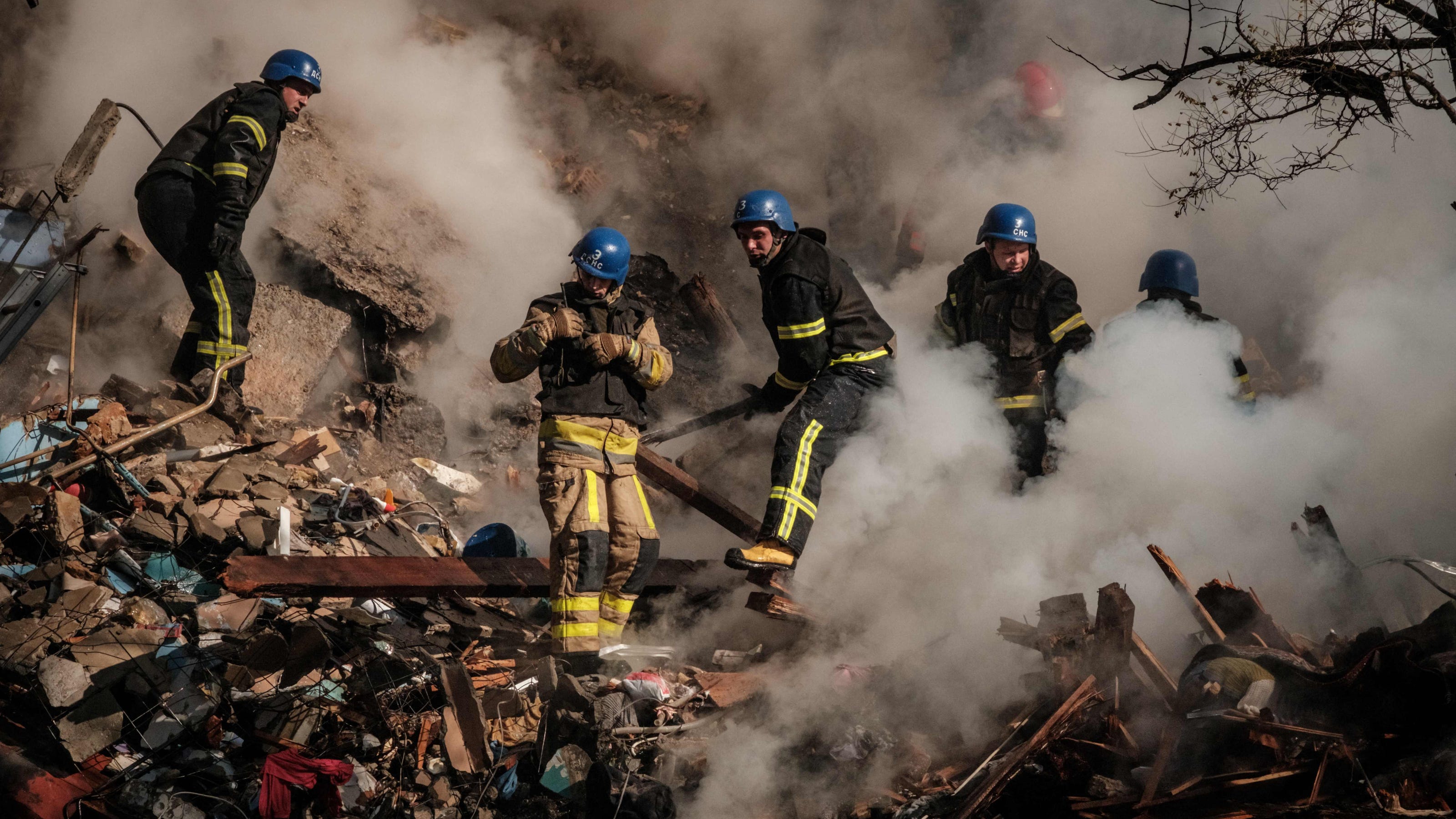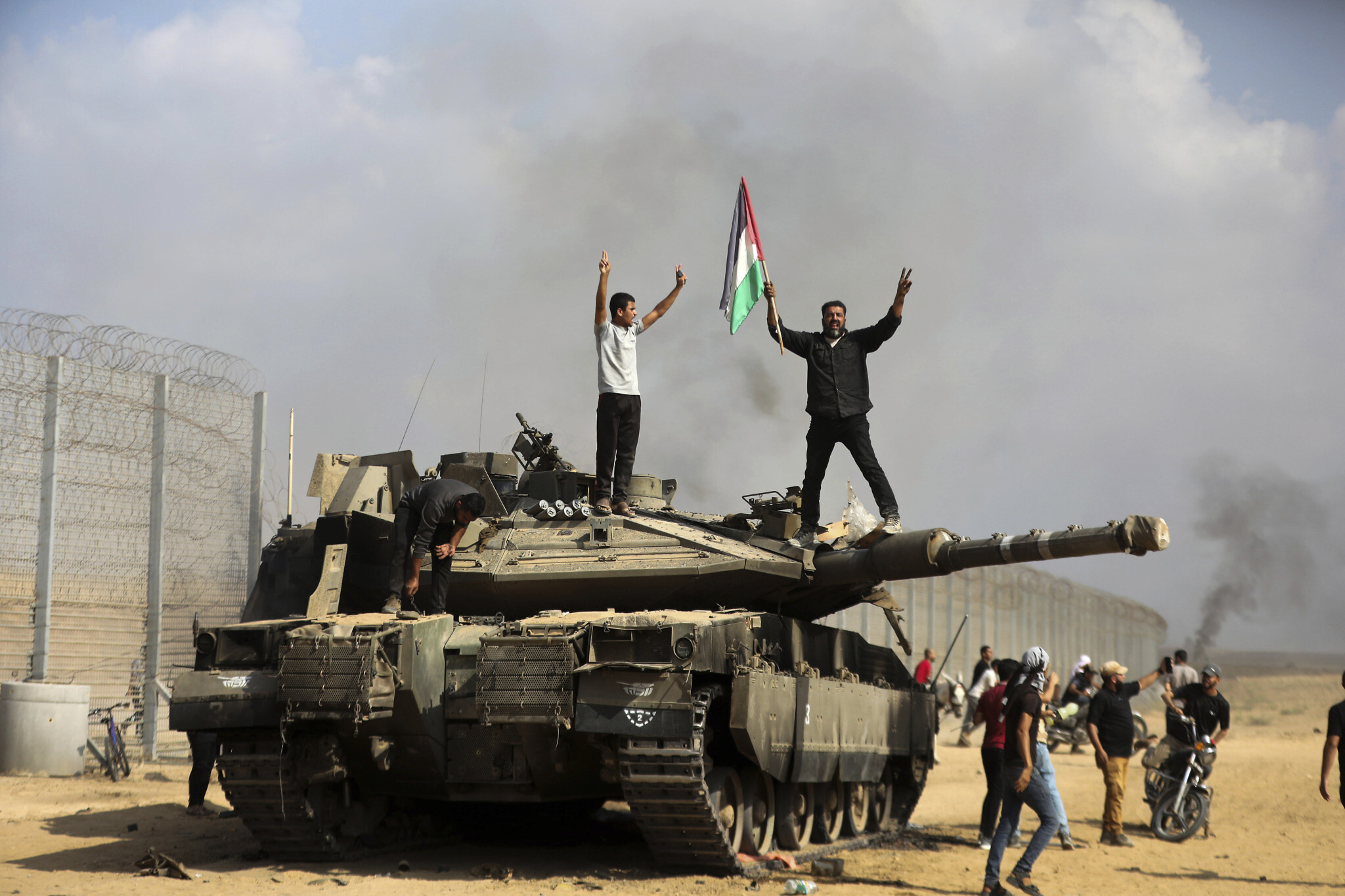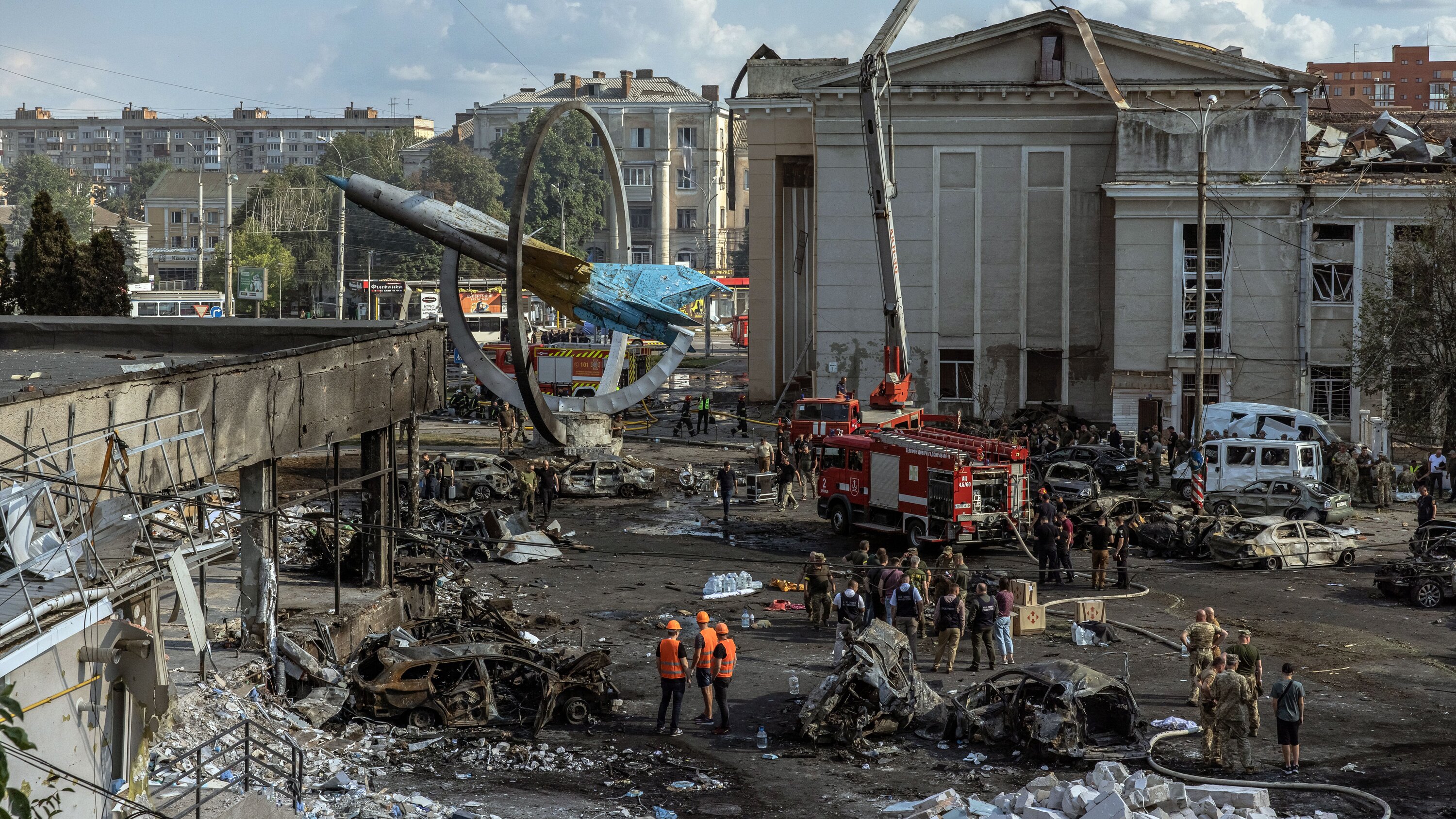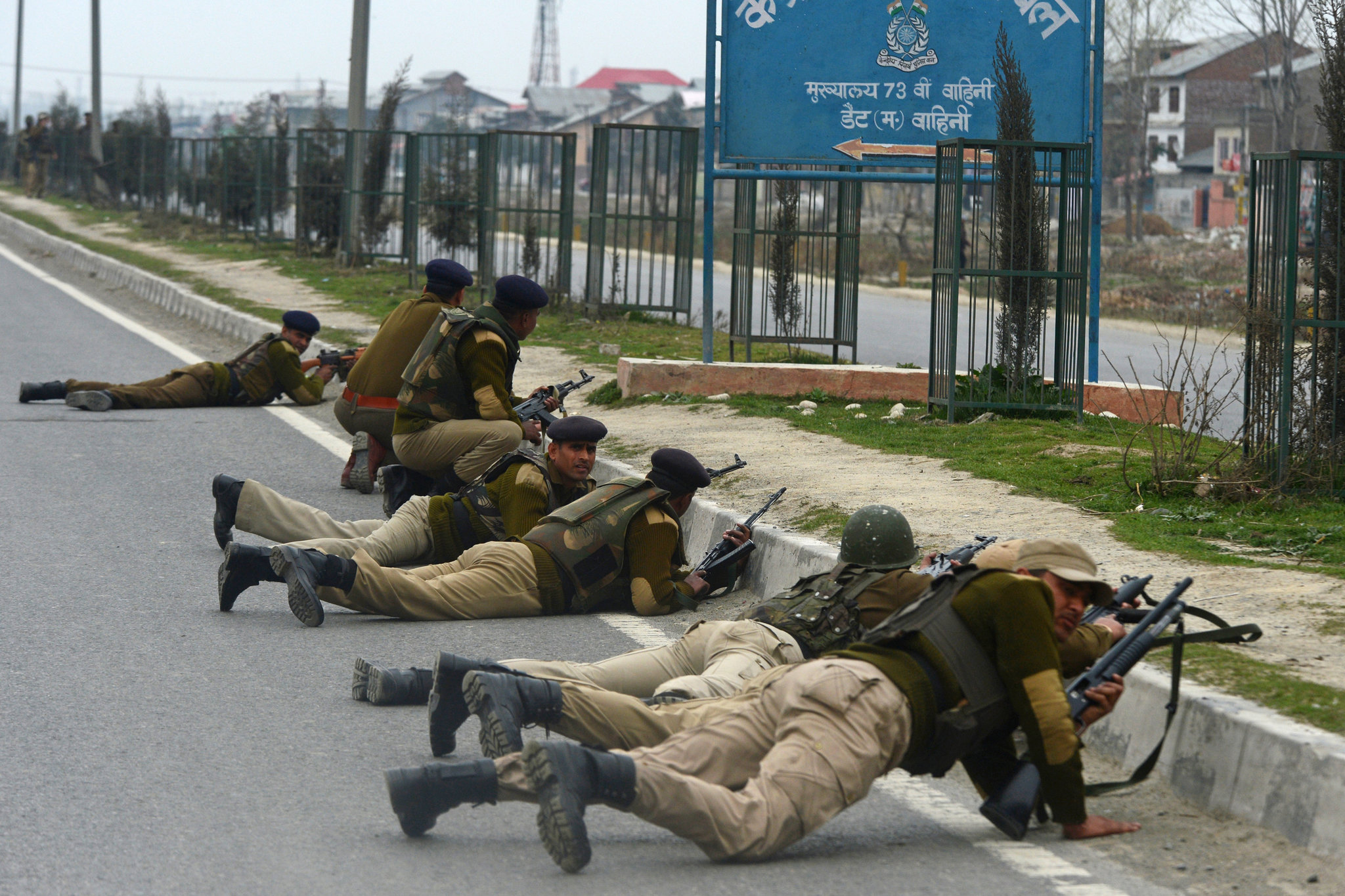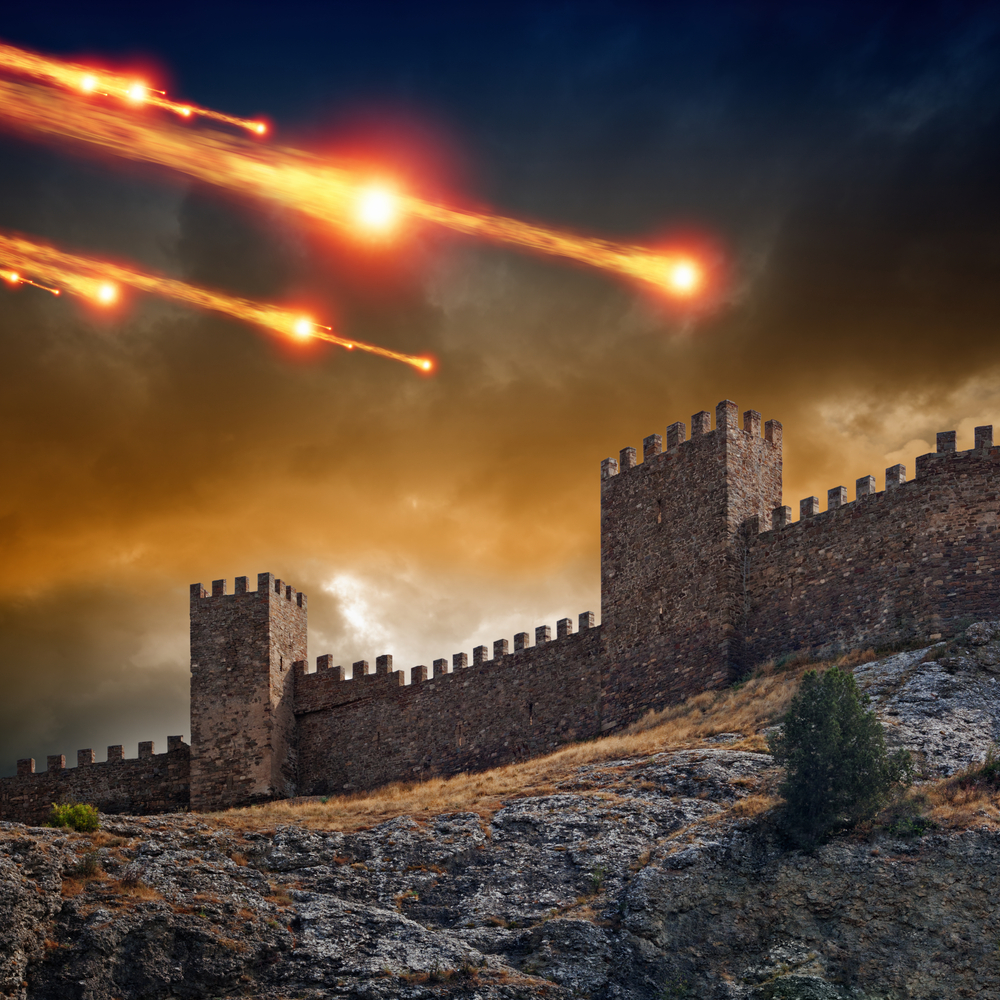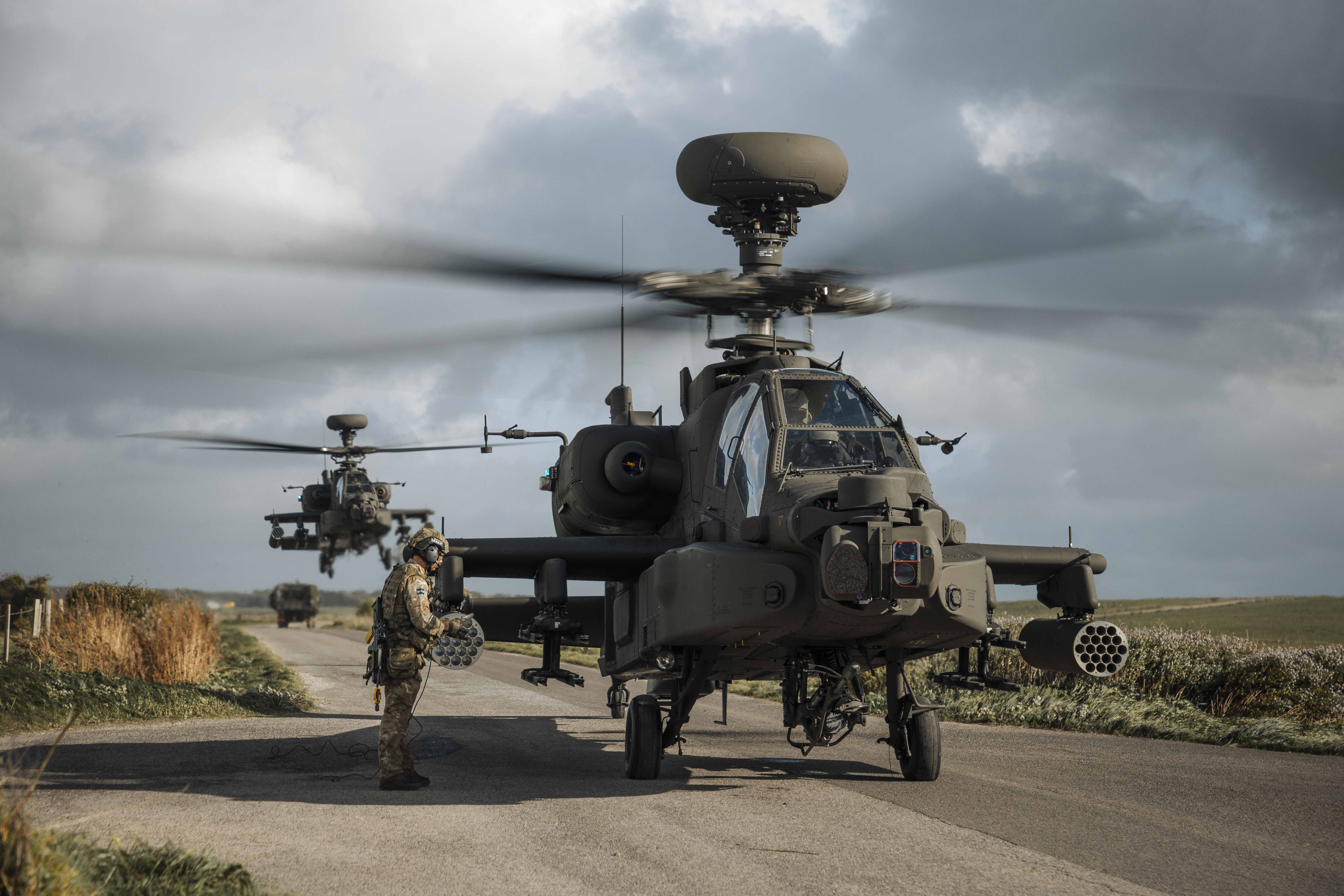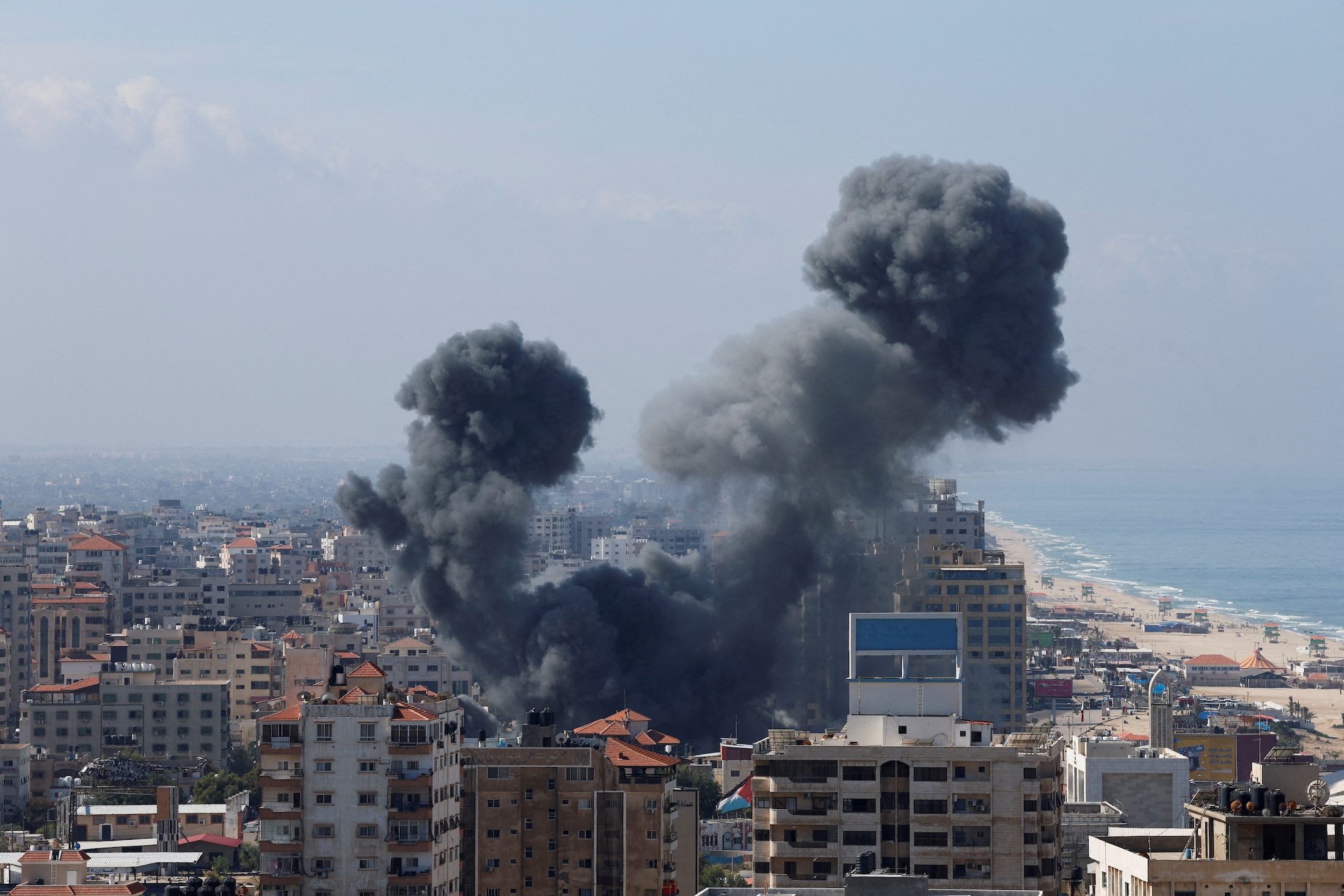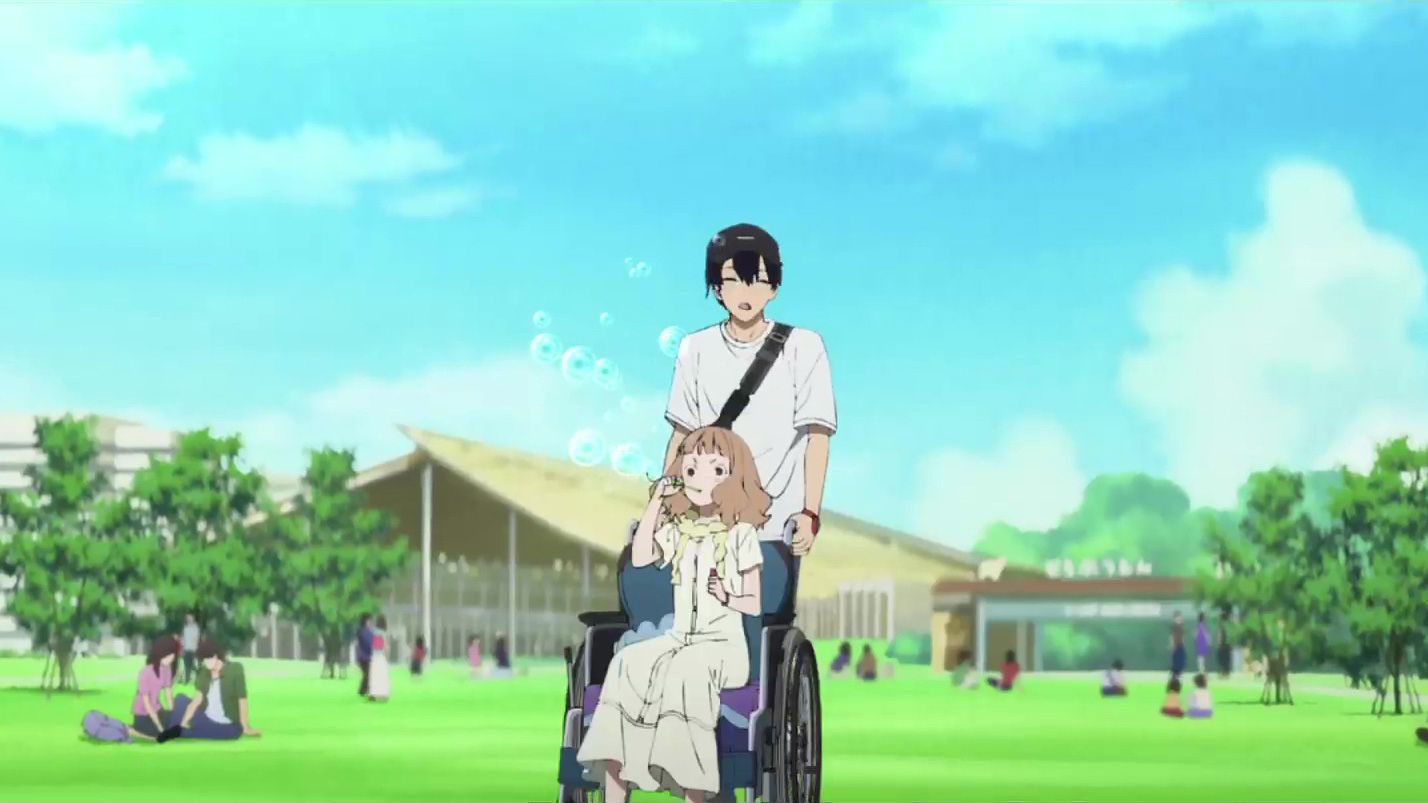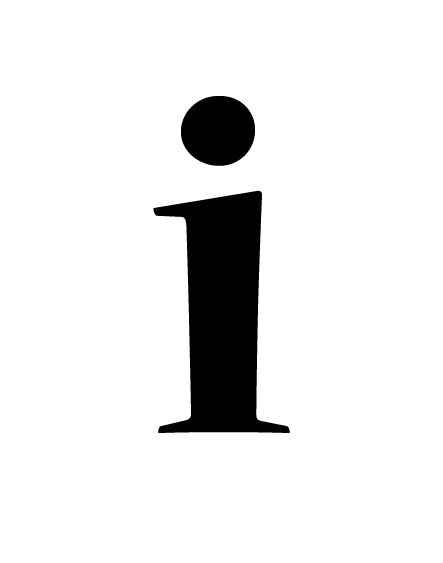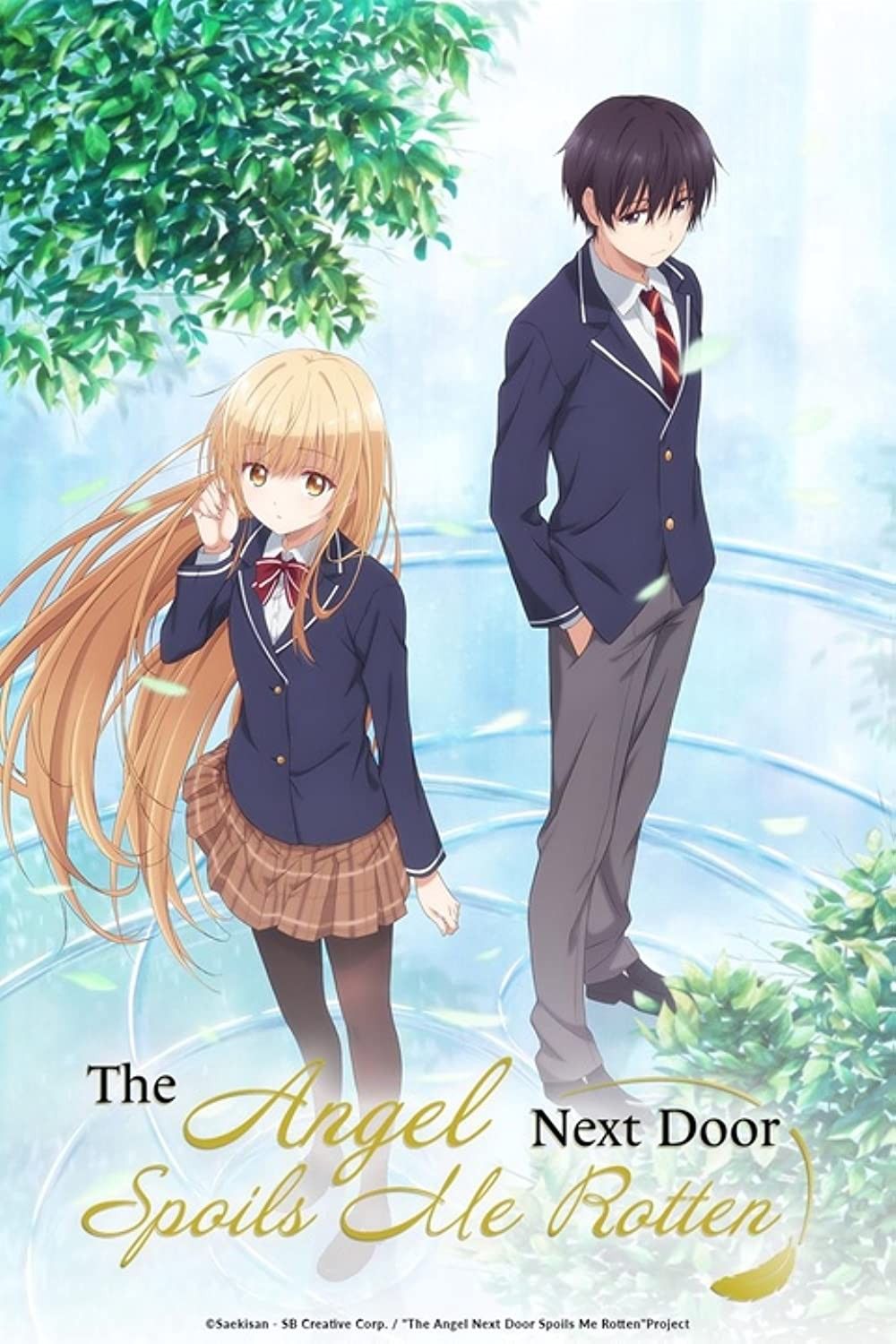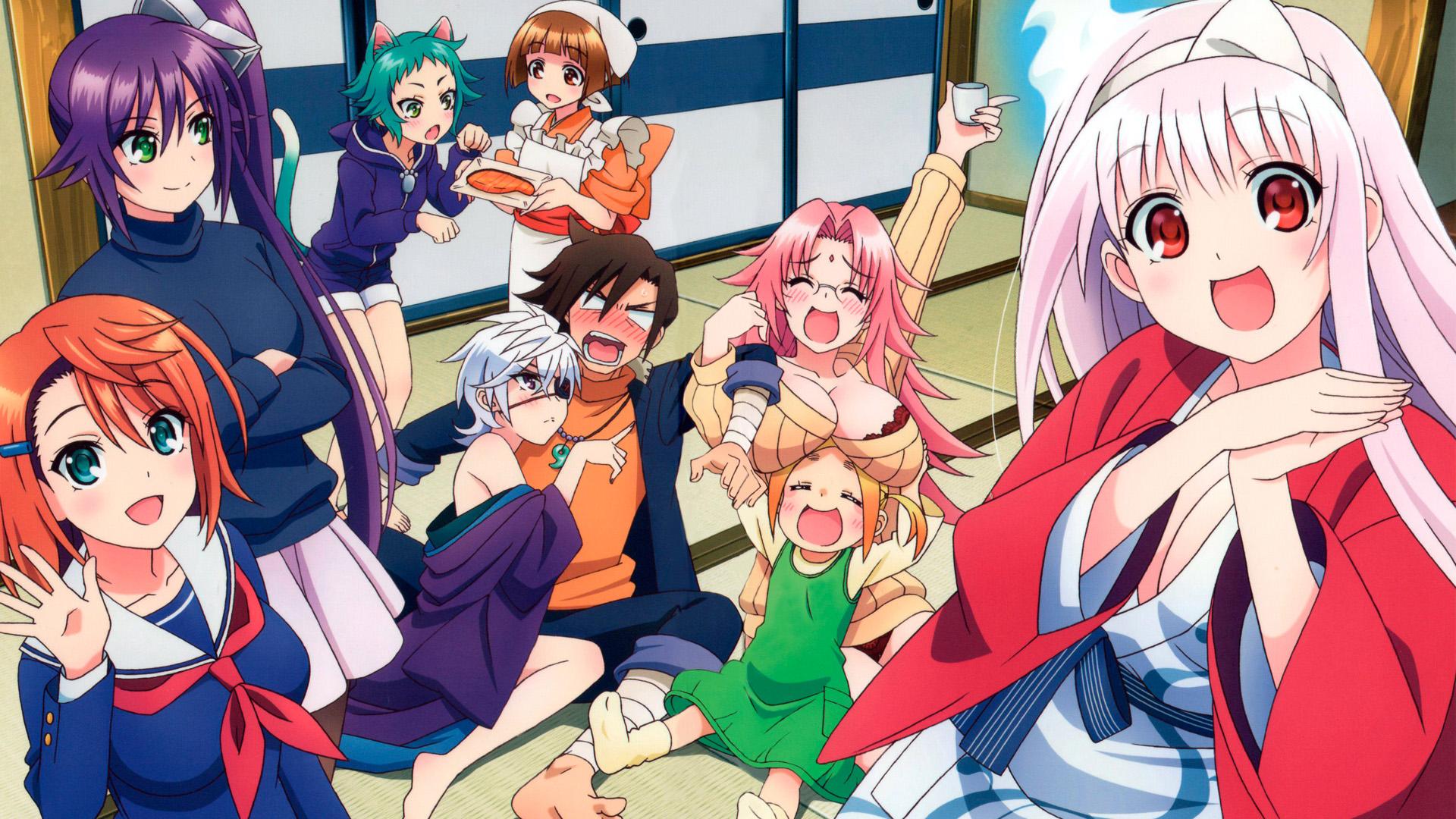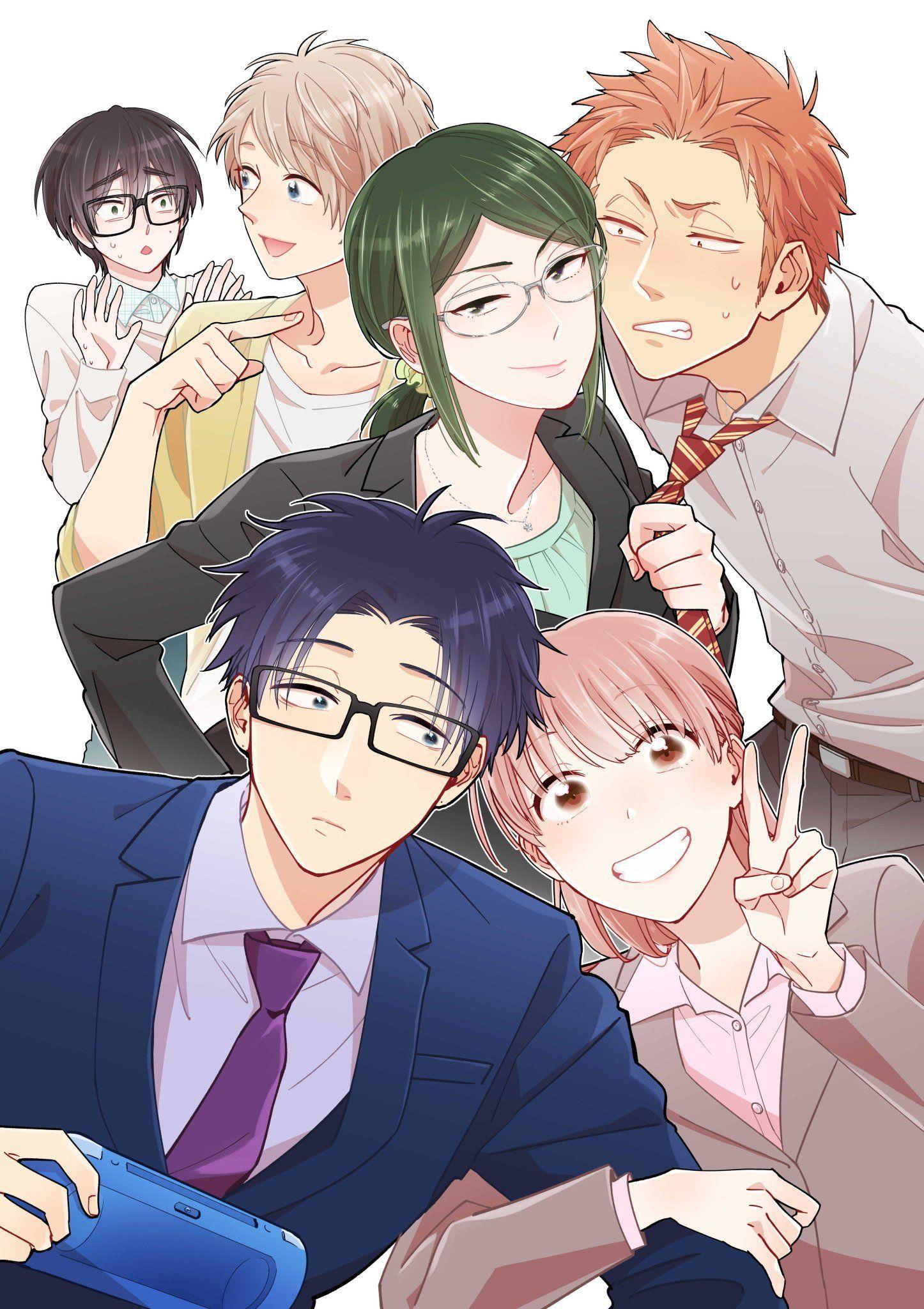Have you ever wondered what lies beyond the walls of Paradis Island? For years, Eren Yeager and his comrades in the Survey Corps dreamt of escaping the confines of their walled cities and exploring the vast world outside. Attack on Titan doesn't just deliver on that promise; it throws you headfirst into a complex and often brutal world far grander and more dangerous than anyone could have imagined.
A World Expanded: More Than Just Titans
The initial seasons of Attack on Titan focus heavily on the immediate threat of the Titans. The fear of being devoured, the desperate fight for survival, and the mystery surrounding their origin all fueled the narrative. But as the story progresses, the scope widens dramatically. We discover that humanity isn't confined to Paradis Island and that a world of complex nations, political intrigue, and deeply rooted hatred exists beyond the walls.
This expansion is a critical turning point for the series. The characters, once solely driven by a desire for revenge against the Titans, are forced to confront uncomfortable truths about their own history and the roles they play in a much larger conflict. The simple black-and-white morality of the early seasons gives way to shades of grey, forcing the audience to question their own allegiances and preconceptions.
Unraveling the Truth
One of the most compelling aspects of Attack on Titan is its intricate and slowly revealed backstory. Each new discovery, each unearthed secret, reshapes our understanding of the world and its characters. We learn about the history of Eldia and Marley, the origins of the Titans, and the reasons behind the conflict that has plagued humanity for generations. This unraveling of truth is masterfully paced, keeping viewers constantly engaged and eager to uncover the next piece of the puzzle.
The revelations beyond the walls impact Eren, Mikasa, Armin, and the rest of the Survey Corps in profound ways. They must grapple with the weight of their history, the consequences of their actions, and the moral implications of their fight for survival. The shift from fighting mindless monsters to engaging in complex political warfare tests their resolve and forces them to make impossible choices.
Characters in Crisis: Moral Ambiguity Takes Center Stage
As the world expands, so too does the depth of the characters. Eren's transformation, in particular, is a focal point of the latter half of the series. He evolves from a determined, albeit somewhat naive, young man into a complex and morally ambiguous figure. His actions, driven by a desire to protect his home and his people, often lead to devastating consequences, blurring the line between hero and villain.
Mikasa, Armin, and the other members of the Survey Corps also face their own trials. They must reconcile their loyalty to Eren with their own moral compass and grapple with the difficult decisions they are forced to make in a world at war. The exploration of their internal struggles and their evolving relationships with one another adds a layer of emotional depth to the series that is both captivating and heartbreaking.
The Weight of Freedom
The concept of freedom is a recurring theme throughout Attack on Titan. From the initial desire to escape the walls to the fight for national liberation, the characters are constantly striving for freedom in its various forms. However, the series also explores the darker side of freedom, highlighting the potential for it to be used as a justification for violence and oppression.
Eren's pursuit of freedom, in particular, becomes increasingly radical as the story progresses. His methods, while driven by a desire to protect his people, often involve sacrificing innocent lives and trampling on the freedom of others. This raises important questions about the nature of freedom and the price that must be paid to achieve it.
A Review of Attack on Titan: The Epic Conclusion
The final chapters of Attack on Titan have been met with mixed reactions, with some praising their bold and thought-provoking exploration of complex themes, while others criticize their pacing and perceived deviations from earlier storylines. Regardless of one's personal opinion, it's undeniable that Attack on Titan leaves a lasting impact. The series raises profound questions about war, freedom, prejudice, and the nature of humanity itself.
The journey beyond the walls is a rollercoaster of emotions, filled with shocking revelations, heart-wrenching sacrifices, and moments of both despair and hope. The characters are complex and flawed, their motivations driven by a mixture of love, loyalty, and a desperate desire for survival. While the ending may not satisfy everyone, it serves as a powerful conclusion to a truly epic saga.
Title: Attack on Titan
Publisher: Kodansha
Genre: Dark Fantasy, Post-apocalyptic
Author(s): Hajime Isayama
Overall, Attack on Titan is a masterful work of storytelling that deserves its place among the greatest manga and anime series of all time. Its exploration of complex themes, its compelling characters, and its intricate world-building make it a truly unforgettable experience. The journey beyond the walls is a journey worth taking, even if it's a difficult and often heartbreaking one.
Whether you're a long-time fan or a newcomer to the series, Attack on Titan is a must-watch/must-read. Just be prepared to have your preconceptions challenged and your emotions tested. The world beyond the walls is waiting, but it's not for the faint of heart.
